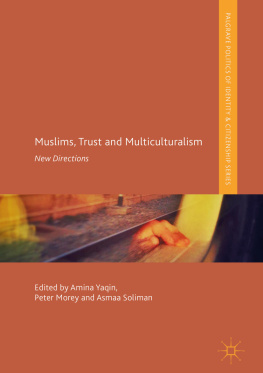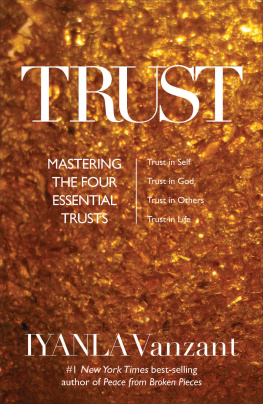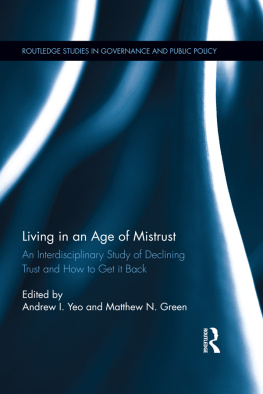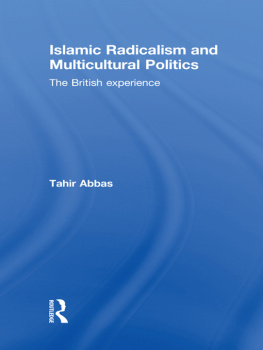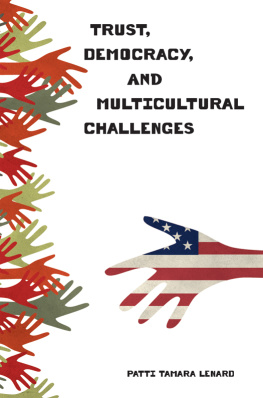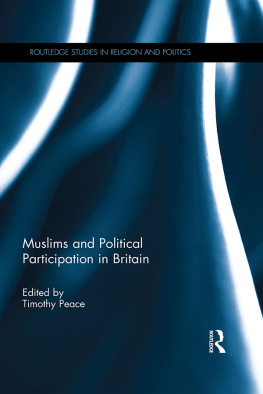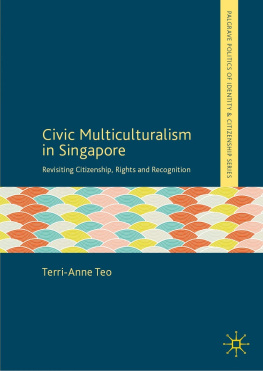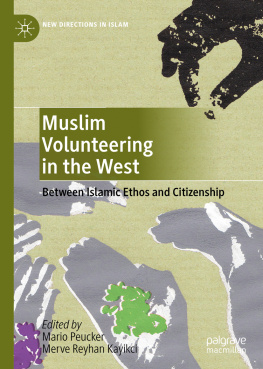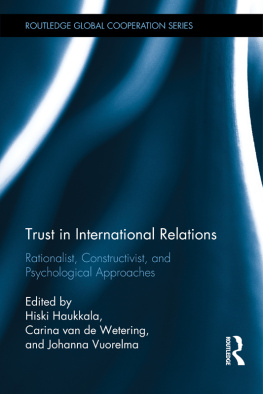1. Introduction: Muslims, Trust and Multiculturalism
Among the many and varied delights of YouTube, there appeared, in the summer of 2017, a video purporting to show a Muslim man, on his way to Friday prayers at Regents Park mosque in London, being detained and searched in the street by Metropolitan police officers. Nowadays, those under the spotlight are more likely to be visibly Muslim, but the principle remains the same. As such, this vignette tells us something about the continuities between historical and contemporary anxieties associated with ethnic minorities who may notionally be accepted as British but who are, nonetheless, not trusted to behave in the same way as their supposedly law-abiding fellow citizens. Many of the anxieties around the evolution of Britishand by extension Westernaccommodation of new migrants in the years following the end of the European imperial phase are, likewise, bound up in the incident. This question of trust and multiculturalismtrust in multiculturalism, we might sayis at the heart of this book.
All successful relationships are built on trust, as all successful societies must also be. Trust offers an important lens through which one can understand relations between Muslim and non-Muslim at this fraught moment in history. Trust also yields to study through a number of paradigms: psychological, philosophical, political, phenomenological and so on. In this volume are a collection of chapters from a variety of disciplines, brought together with the aim of providing a more wide-ranging view of the operation and frustration of trust. In multicultural societies particular historical pressures come to bear on social trust, and there has arisen a range of views on how best to organise society and relations within it. At the present moment, if we seek to build a more trusting society then one of our most urgent tasks is to address the breakdown of trust between Muslims and others.
Not all of the many definitions of trust available to us capture its essentially dialogic nature. For example, the Oxford English Dictionary ( OED ), quoted by Marek Kohn, defines trust as confidence in or reliance on some quality or attribute of a person or thing, or the truth of a statement (Kohn : 12).
Trust depends on the assumption that an others best interests will be compatible with ours. Marek Kohn cites Russell Hardins encapsulated interest model where, in order to trust, we must believe that others interests incorporate our own (Kohn : 10). It is this mutual relianceand what happens when it breaks down or is erodedthat makes the question of trust so compelling for the field of intercultural relations. It is central to overcoming the distance between people and therefore at the heart of what multiculturalism has been about. Yet, within modern multicultural societies, the glue of historical fellow feeling often taken to be central to social and cultural trust is sometimes felt to be absent. In the same way, can we always be sure that the vision of society projected by elites on behalf of the majority will always encompass the good society as envisioned by minorities? In Europe, the tensions that have come to exist, at least at the level of political rhetoric, between established populations and those migrants whose numbers have swelled in the last 60 or so years are in part due to the collision of Enlightenment traditions of political philosophy and the inequitable legacies of the empire.
Multiculturalism is broadly understood to reflect an acknowledgement of the fact that modern Western nations are composed of diverse ethnic and cultural groups. In some casessuch as the so-called settler nations of the United States, Canada and Australia immigration is perforce part of the national narrative. However, the countries of Europe have been slower to embrace diversity, at least as a political challenge, in spite of their own long histories of imperial contact and conquest. For example, despite the fact that Britain is itself composed of different cultural and even national communitiesin Scotland, Wales and Northern Irelandthe concept of multiculturalism comes only to have meaning when applied to (generally) non-white arrivants from the former colonies in the post-Second World War period. In political science, this is seen mainly through the lens of legislation: governmental intervention to safeguard or allow for cultural practices different from those of the majority. In his book, Multiculturalism: A Civic Idea , Tariq Modood defines multiculturalism quite specifically as the political accommodation of minorities formed by immigration to western countries from outside the prosperous West (Modood : 5). This definition helps capture something of the way in which the present multiculturalism debate follows certain lines of logic and argument familiar from the earlier discourses of race and racism.
Yet, there is a difference between multiculturalism as a political ideal or legislative programmeso-called state multiculturalism and multiculturalism as the lived experience of many, especially in urban areas. Bhikhu Parekh usefully distinguishes between the two when he says that The term multicultural refers to the fact of cultural diversity, the term Multiculturalism to a normative reply to that fact (Parekh Suddenly, what were taken to be specific grievances about sovereignty and bureaucracy splayed out into a generalised hostility to foreigners, indicating the proximity of that resurgent populist nationalism that has arisen across Western Europe and beyond in recent years and old-style racism.
But, even if we restrict ourselves to multiculturalism as accommodative state practices, we are still, in the case of Britain, dealing with something slightly chimerical in nature. Britain has seen no equivalent of Canadas 1988 Multiculturalism Act, enshrining the recognition of different religions, cultural practices and languages within the nation. Strictly speaking, to talk of anything as coherent as a set of multicultural policies is also inaccurate, since those accommodations with minority representative groups that were enacted tended to happen at civic level in areas with a high-minority ethnic concentration, such as Bradford and Birmingham. While the various countries of Europe have found different ways to incorporate (or deny) diversity, in Britain it is hard to call the series of hesitant moves and recommendationsbeginning in education provision but spreading to other walks of lifea multicultural policy, despite the insistence of some of its critics. For such critics, multiculturalism appears to be everything from a conspiracy, or a brazen movement designed to destroy British values, to a generalised set of (usually mythical) concessions to minorities, or an all-purpose bogeyman to be trotted out when there is nothing else to hand on which to blame the state of the nation. Indeed, multiculturalism has come under attack in recent years from foes on both the right and the left: the former attacking it for weakening assumed cultural-national bonds and the latteroperating from a secularist perspectivecriticising its schismatic tendencies and its potential for manipulation by the late capitalist market system (West ).
When we are tempted by politicians and the media to see multiculturalism as being about a dilution of Britishness brought on by the claims of fractious immigrants, we would do well to remember Bhikhu Parekhs rather different inflection: Multiculturalism is not about minorities [It is] about the proper terms of relationship between different cultural communities (Parekh : 13). Hence, our interest here is in whether multiculturalism as it is currently understood can help build trust between communities or whether it must inevitably lead to withdrawal, special pleading and mistrust.

